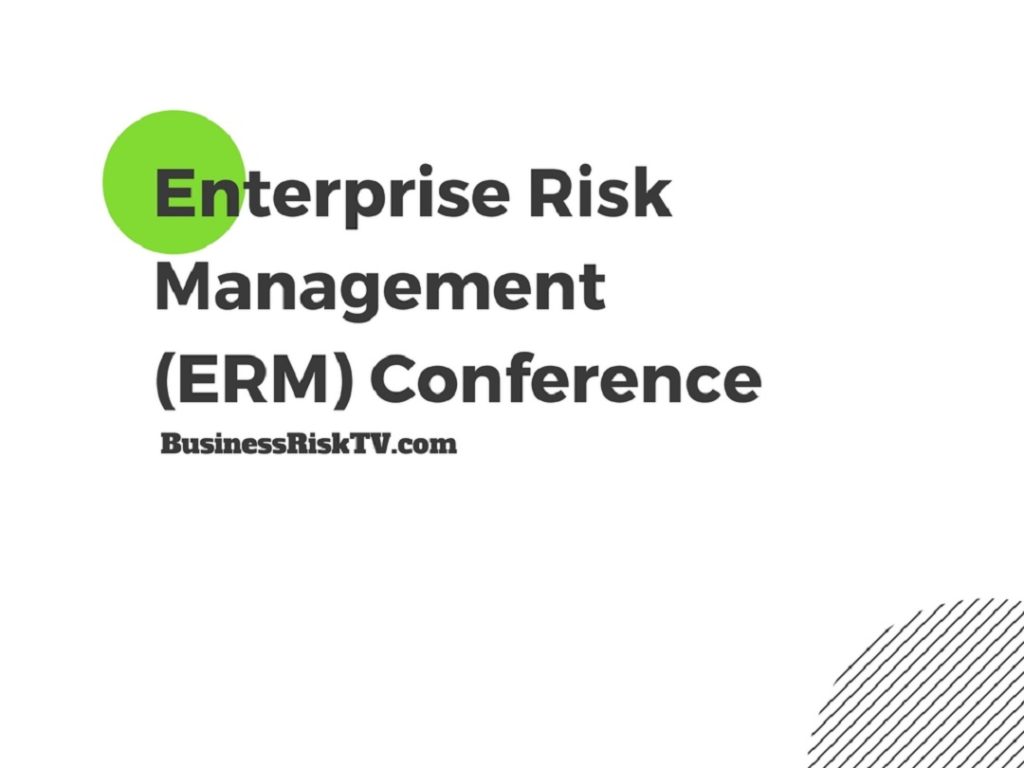2024: Navigating the Political Storm – A Business Leader’s Guide to Risk Management
As we gaze into the crystal ball of 2024, the political landscape shimmers with both opportunity and peril. For business leaders, navigating this terrain requires not just a keen eye for the market, but an astute understanding of the political forces that can shape – or shatter – their best-laid plans. Let’s look at political risk insights and risk management strategies needed to mitigate the biggest political risks of the year ahead.
The Looming Giants: Four Major Political Risks of 2024
- The US Presidential Election: Buckle up, folks, it’s a wild ride. With the incumbent facing a resurgent opposition and a potential third-party candidate throwing a wrench in the gears, the 2024 US election promises to be a nail-biter. The volatility will spill over into global markets, impacting trade, investment, and even travel.
Quote: “Politics are almost as exciting as war, and quite as unpredictable.” – Winston Churchill
- Geopolitical Tensions: The simmering tensions between major powers, fuelled by ideological clashes and resource competition, threaten to boil over in 2024. From the South China Sea to the Ukraine conflict, businesses with footprints in these volatile regions must prepare for disruptions and potential sanctions.
Quote: “In times of conflict, the law falls silent.” – Marcus Tullius Cicero
- The Rise of Populism: The siren song of populism continues to enchant disillusioned voters, potentially ushering in leaders with unpredictable agendas and protectionist policies. Businesses reliant on open markets and global supply chains must adapt to navigate these shifting sands.
Quote: “A nation cannot exist half slave and half free.” – Abraham Lincoln
- Climate Change and Social Unrest: As the existential threat of climate change intensifies, so too does the potential for social unrest and political instability. Businesses operating in vulnerable regions must factor in the possibility of protests, civil disobedience, and even government clampdowns.
Quote: “The Earth has provided for life for billions of years… it will do so for billions more without us.” – Carl Sagan
Risk Management Toolbox: Strategies for Weathering the Storm
While the future is inherently uncertain, proactive risk management can turn challenges into opportunities. Here are some key strategies to consider:
-
Scenario Planning: Develop multiple scenarios based on different political outcomes, allowing you to adapt and pivot quickly. Think of it as playing chess ahead of time, considering all your opponent’s possible moves.
-
Diversification: Don’t put all your eggs in one basket. Spread your investments and operations across diverse regions and markets, diluting your exposure to any single political risk.
-
Lobbying and Engagement: Build relationships with policymakers and key stakeholders. Proactive engagement can ensure your voice is heard and your interests are considered as policies are formulated.
-
Crisis Communication: Have a clear communication plan in place for navigating potential crises. Transparency and timely updates can mitigate reputational damage and build trust with stakeholders.
-
Seek Expert Guidance: Don’t go it alone. Leverage the expertise of political risk consultants who can provide tailored insights and strategies for navigating complex political landscapes.
Remember, the key to successful risk management is not predicting the future, but being prepared for whatever it throws your way. By understanding the biggest political risks of 2024 and implementing these proactive strategies, you can turn uncertainty into a competitive advantage and steer your business toward continued success. And as Sun Tzu wisely advised, “Know the enemy and know yourself; in every battle, you will then be victorious.”
Get help to protect and grow your business
Subscribe for free risk alerts and risk reviews
Read more free business risk management articles




